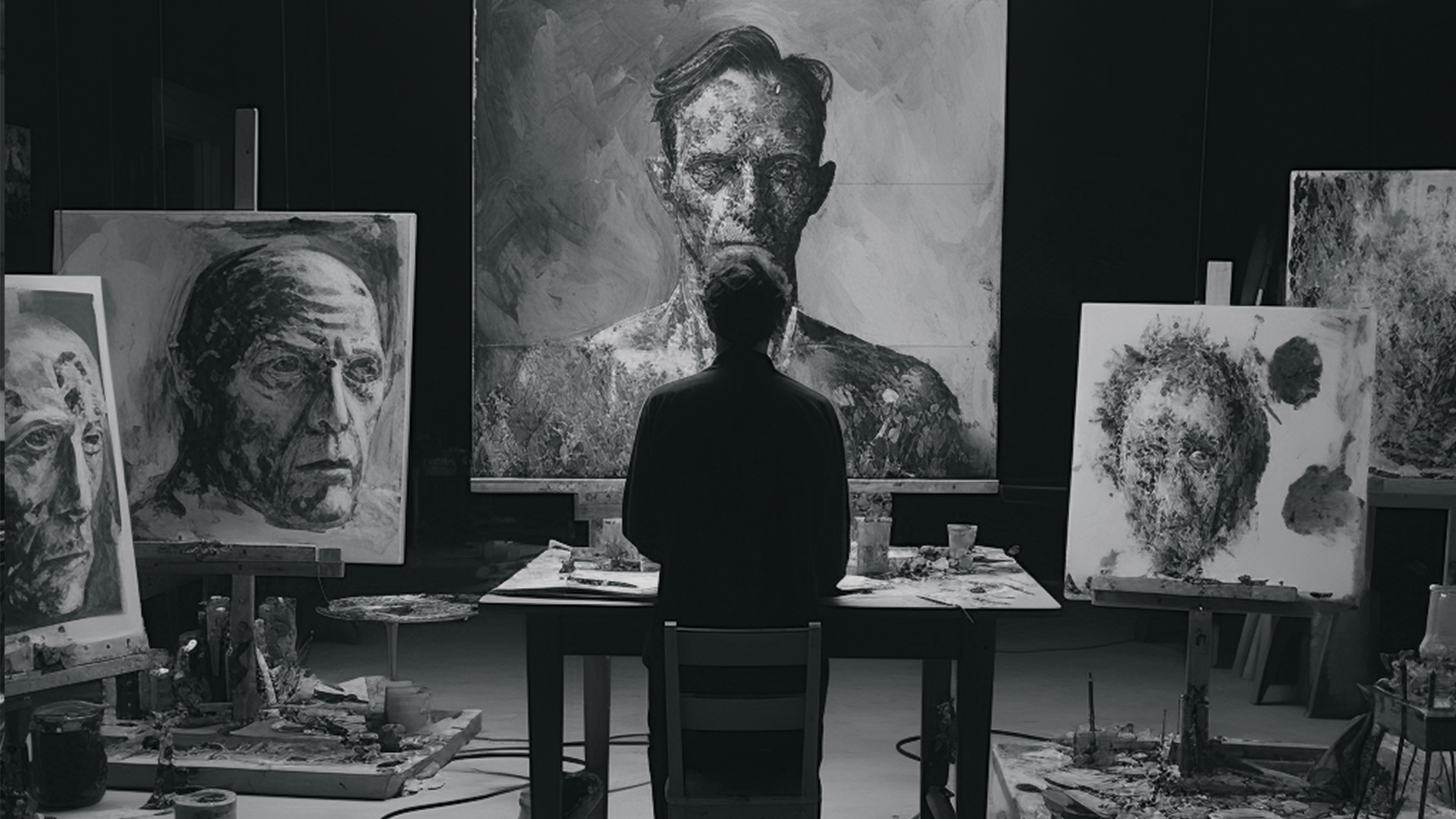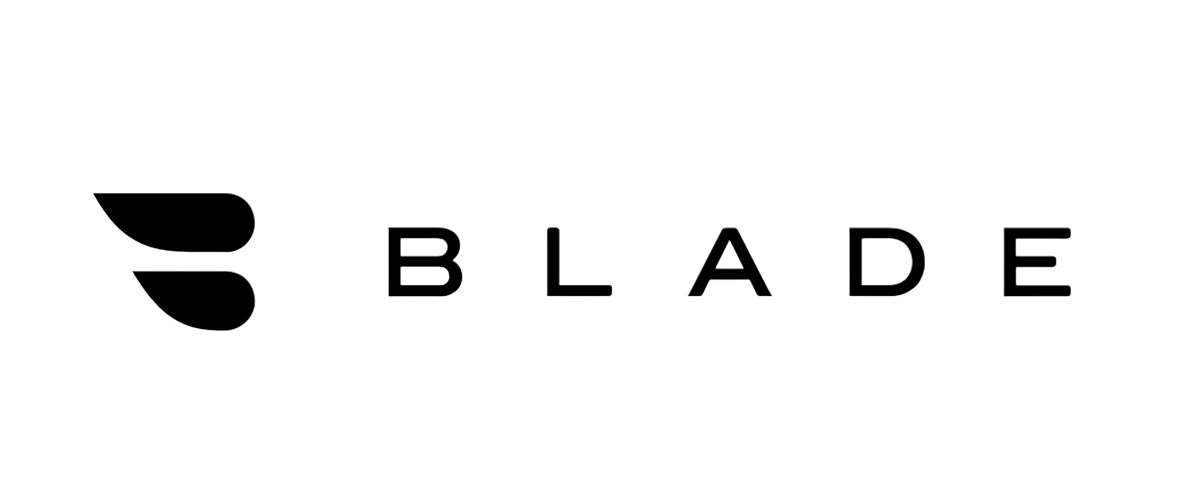An untapped wealth of IP
Plenty of creatives already allow their personalities, concepts, and writing to be licensed through brands and ad partnerships (Ryan Reynolds is one such ubiquitous celebrity who excels at image marketing).
These deals are executed under very specific contractual terms beneficial to both parties, and most seasoned actors have a considerable degree of say about what they do on camera. So why should it work any differently with AI?
The debate over generative AI’s use in entertainment production arrives at a poignant moment for the industry; the Writers Guild of America strike began in May and a strike by the actors’ union SAG-AFTRA followed shortly thereafter in July.
And make no mistake: Studios are already AI future-focused. SAG-AFTRA maintains that studios wish to use actor likenesses at will and without compensating those individuals (the Alliance of Motion Picture and Television Producers denies this characterization of its AI proposal).
I’m not pitching a dystopian “Joan Is Awful” scenario wherein artists are exploited and their digital avatars are able to be used by content-greedy streamers or studios at will, as SAG-AFTRA has alleged was proposed by AMPTP.
But should a screenwriter, actor, or director be looking for new opportunities to capitalize on their oeuvre, they’d be wise to consider an AI framework for licensing.
I’m proposing a reasonably straightforward concept: a hybrid creative-licensing platform that allows artists to license their likeness, aesthetic, or concepts for use as input for outside projects, creating an ethical — and importantly, lucrative — funnel by which all parties benefit and no copyright infringement or plagiarism of existing works occurs.
Part of the reason artists are so miffed with systems like ChatGPT and Midjourney is they are alleged to have used work and ideas without the express permission of the original authors.
But imagine that an author did allow their ideas to be used as part of a new and entirely unique AI output, with terms protecting the degree of use and how the output can be shared, for how long, and with explicit distribution royalties in place to compensate original authors whose work was used as a prompt.
One way that this could potentially manifest is through a platform that allows brands, studios, actors, and writers to license their creative output to niche communities like fandoms.
With years between iterative games, books, TV shows, and film series, such a platform would find tremendous success with communities of artists and creatives interested in worldbuilding for purposes outside of commercial marketing.
Harry Potter fans, for instance, would almost certainly pay to expand narratives for their favorite characters, creating entire backstories, sub-narratives, and alternative timelines.
And should such a platform bill itself as a creative community rather than one meant to generate monetizable output, the licensing would be far more appealing to artists looking to capitalize on specific fan followings.
Make no mistake, such a model could be incredibly profitable for all involved parties, including media companies, established industry heavyweights, and emerging creators with significant social followings — specifically where it relates to world-building within existing franchising.
An AI licensing platform could easily filter for specific motifs or genres, and sophisticated terms could provide expansive protections to any creative willing to license their work or likeness through the service.
I envision a platform capable of filtering by specific tags, allowing paying subscribers access to rich data sets from their favorite artists and creatives.
There are several benefits to third-party licensing that could even the playing field for the entertainment industry at large. For one, actors, screenwriters, and directors could set their own terms and decide how, and for what, their work is legally permitted to be used as input.
Studios with over a century of IP collecting dust, like Disney, could potentially license that material to allow a new generation of creatives to make it fresh again. Or maybe even your normal, everyday franchise enthusiasts could potentially use the service to generate a final season of a canceled show they adored. The possibilities for use are virtually limitless.

























